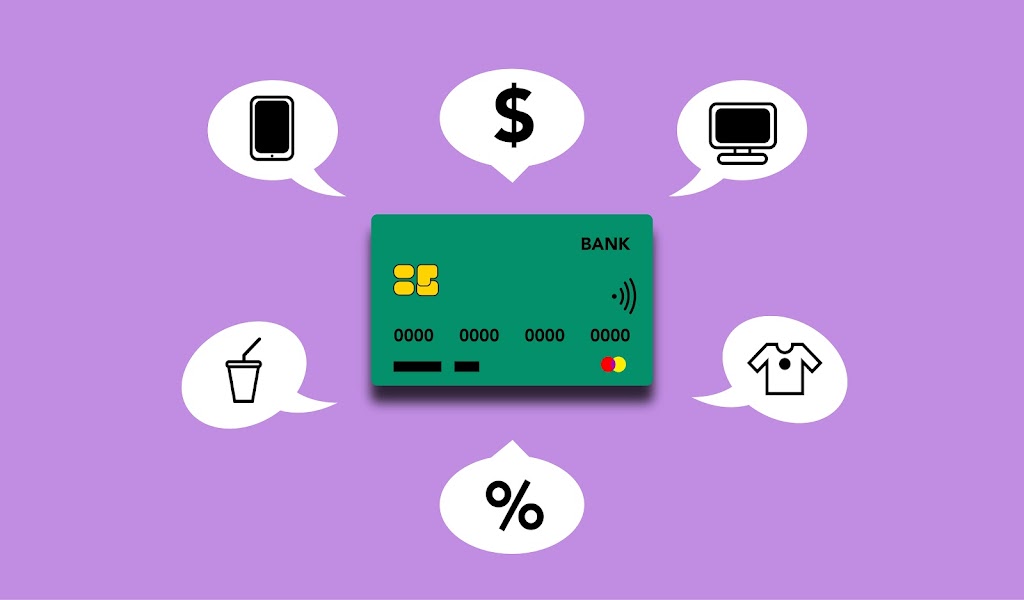Introduction
You may have heard the
phrase “spend less than you earn.” But do you know what that means?
If not, then this guide is for you. In this article, we’ll go over all of the
basic principles of personal finance, including income vs. spending, and saving. Whether
you’re trying to figure out where your money is going or you just want to be
better educated about personal finance, understanding the basics of personal
finance is an important first step. This guide will teach you the most basic
principles of personal finance, including the difference between spending and
earning, how to save for a rainy day, and how to invest in stocks or bonds.
Topic Introduction: Why is it important to understand personal finance?
Background: What is personal finance? As a personal finance student, I’m often
asked to explain the basics of the field. So today, I’m going to give you the
basics of personal finance: what it is, how it works, and why it’s so important.
We’ll start with the most basic question of all: What is personal finance?
Personal finance is the discipline of managing your money in such a way that
you can afford the things that matter most to you.
Income
Income is the money
you earn from your job, business, investments, and other sources. Income can be
from a job, a business, pensions, or investments.
Income is the money we
earn from our jobs, our businesses, our pensions, and our investments. Most of
the time, our income is used to pay for the things we need and enjoy in our
lives. However, sometimes we can have income that isn’t used for those
purposes. This can happen when a court decides that money is owed to us, when
we win a lawsuit or when we are awarded money in an accident, for example. It
can come in different forms, such as a paycheck, a sales commission, or interest
on a savings account. Each of these comes with its own set of rules and
regulations, such as the minimum amount required for a certain government
program or the maximum amount that can be deducted from your taxes. Some people
receive income from multiple sources.
Spending
Spending is the amount
of money you spend on goods and services. It includes purchases like groceries,
clothing, restaurant meals, and other types of entertainment. Your personal
spending is the amount of money you spend on goods and services. It includes
purchases like groceries, clothing, restaurant meals, and other types of
entertainment. Your personal spending also includes the money you spend on
necessities such as rent and utilities. You use your income to pay for your
personal spending.
Spending can also be
broken down into different categories that might not be obvious at first
glance:
- Food (groceries)
- Shelter (rent or mortgage payment)
- Transportation (car insurance and gas)
With so many different factors to consider when determining how much money you should save for retirement each month—whether it’s through a 401(k), IRA, or any other savings vehicle—it’s helpful to have some way to track all this information as well.
Saving
Personal saving, which
is people’s money they save for themselves, is useful because it can be a
helpful reference for managing their money. It is also a source of financial
security since it is a fallback if needed in case of a financial emergency.
Personal saving can be a good way to save money for retirement or other goals,
such as a house down payment or college tuition; however, if you are not
disciplined, personal saving can quickly turn into a habit of hoarding money
rather than using it to meet your goals (McConnell, 2012).
- Save for emergencies.
- Save for retirement.
- Save for a major purchase, like a home or car.
- Save for your child’s education (in case of an unexpected medical emergency).
- Save money to travel, or even just spend on the occasional trip out of town and back again during the year!
If you are looking to
invest in real estate, consider using one of these strategies: rent out rooms
at your house or apartment; invest in property by purchasing shares in a condo
or townhouse development; buy land outright and build something yourself (this
can be as simple as clearing some trees from an empty plot); use an agent who
will find tenants who want to live nearby–you could earn $2k-$3k per month
while building equity in their monthly payments over time.”
Investment
Investment is an
important part of financial planning because it can help you grow your money.
Investing is different than saving, though: while saving puts money into a bank
account that will only earn interest, investing allows you to make some of that
interest by buying stocks or bonds.
Investing is the
purchase of financial securities such as stocks, bonds, and mutual funds with
the goal of generating higher returns than what can be obtained through saving.
Over time, investing can help you build a diverse portfolio that provides a
solid foundation for future financial goals. It can also help you generate
wealth and increase your savings when you are young and can invest more when
you are older. This will help you build a better retirement lifestyle.
Investing is an
important part of financial planning because it can help you grow your money.
You can invest your money in different types of instruments, such as stocks,
bonds, mutual funds, and ETFs. Investing is also a way to get more money—by
investing in businesses or real estate projects that offer returns on the asset
itself (like stocks), as well as those who manage it for investors (like mutual
funds). And unlike savings accounts where there are no fees attached to
withdrawals from savings accounts at any time–including during
retirement–investment accounts often come with fees associated with them for
withdrawing funds early or making large withdrawals.
Protection
Protection is a key
component of financial health. Your assets should be protected from theft,
waste, and fraud. You’ll also want to protect your family from unexpected events
such as job loss or illness by providing adequate insurance coverage. Finally,
protecting yourself financially means making sure that all business activities
are done legally and ethically so that you can earn a profit without breaking
any laws along the way.
Taking charge
involves knowing where your money is being spent.
The first step to
taking charge of your finances is knowing where your money is being spent. You
need a method for tracking the spending in your budget, so you can make sure
that each expense adds up to the correct amount and is spent appropriately.
The second step in
taking charge of your finances involves making a plan for getting them in
shape. This might mean cutting back on other expenses or reducing debt payments
by refinancing if necessary. It also means setting aside some extra cash every
month so that you have enough left over at the end of the year (or even
earlier) if something unexpected happens—like losing a job or having an illness
come up unexpectedly during tax season!
Finally, once you’ve
made these changes and gotten things back on track financially speaking—and
maybe even started saving for retirement—you’ll want to take action by putting
together an action plan with specific steps like paying off high-interest debts
first before tackling smaller balances followed by longer-term goals such as
saving up enough cash.
Conclusion
Taking charge of your
finances can be a daunting task. However, the number one thing you must do is
eliminate the stress and anxiety caused by not knowing where your money is
being spent. The saying, “Money makes the world go round,” is true. But if
you’re struggling to make ends meet, putting your money in a secure place with
a trusted custodian can actually save you. In fact, since banks can’t legally
lend money to people who can’t pay it back, investing in a savings account or
certificate of deposit makes much more sense than putting your money in a bank,
where a bunch of stock brokers is holding your money (in case it gets eaten by
a shark) or where a bunch of thieves holds your money for
Money is one of the
most stressful things in life. At times, you have no idea where it is, where it
is going, or even if it’s true that it is missing.
If you don’t have
control over your finances, then no matter how much money you make or how much
debt you owe; it will never give back to you what it cost when it was lost
from your life.











